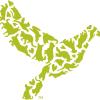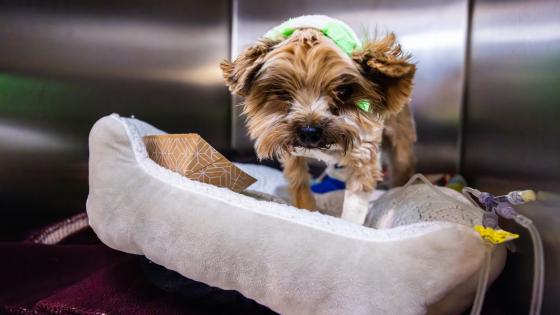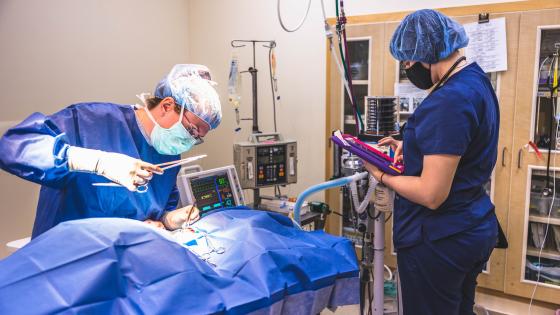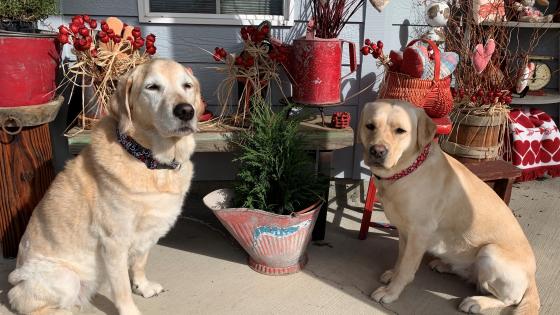Fourth of July: Keeping Pets Safe
DoveLewis warns that unusual schedules, dangerous fireworks packaging, and holiday food can send your pet to the hospital
PORTLAND, Ore. – The activities that make Fourth of July fun for people – exploding fireworks, house guests and an abundance of food – also make this holiday hazardous for pets. Doctors at DoveLewis Veterinary Emergency & Specialty Hospital are warning pet owners to take extra precaution during the holiday weekend to make sure pets are safe.
Fourth of July pet hazards include:
- Fireworks danger - Animals can mistake fireworks in shiny packaging for food. Additionally, flames from falling fireworks and sparklers can burn pets.
- Lost pets - When pets are scared by fireworks or loud noises, they can jump fences or dig their way out of yards, causing them to get lost.
- Stress - Exploding fireworks, house guests or routine interruptions can cause stress and anxiety. Stressed pets may experience vomiting, diarrhea, gastrointestinal issues, decrease in appetite, or aggression.
- Food - Pets often sneak food during a holiday barbecue or picnic, which can lead to digestion mishaps. Many foods (chocolate, grapes, onions, etc.) can be toxic to animals, while other foods (corn cobs, chicken bones, etc.) can get stuck in the intestines and require surgery.
Prevent lost pets and injuries with these safety tips:
- Safely secure pets indoors while fireworks are going off. If dogs must go outside during this time, they should be on a leash and monitored at all times.
- Pets who are extra sensitive to loud noises should not be left alone for extended periods of time.
- Keep used and unused fireworks away from animals at all times.
- Make sure pets are microchipped and wearing identification tags so there is a better chance of being reunited in the event that a pet gets lost. Visit the DoveLewis website for tips on updating your pet’s microchip. (https://www.dovelewis.org/pet-owners/keeping-pets-healthy/blog/pet-microchips-update-its-too-late)
- Talk to your veterinarian about whether the use of a mild sedative is appropriate.
- Keep all food out of a pet’s reach, and make sure trash bags are tightly secured.
###




